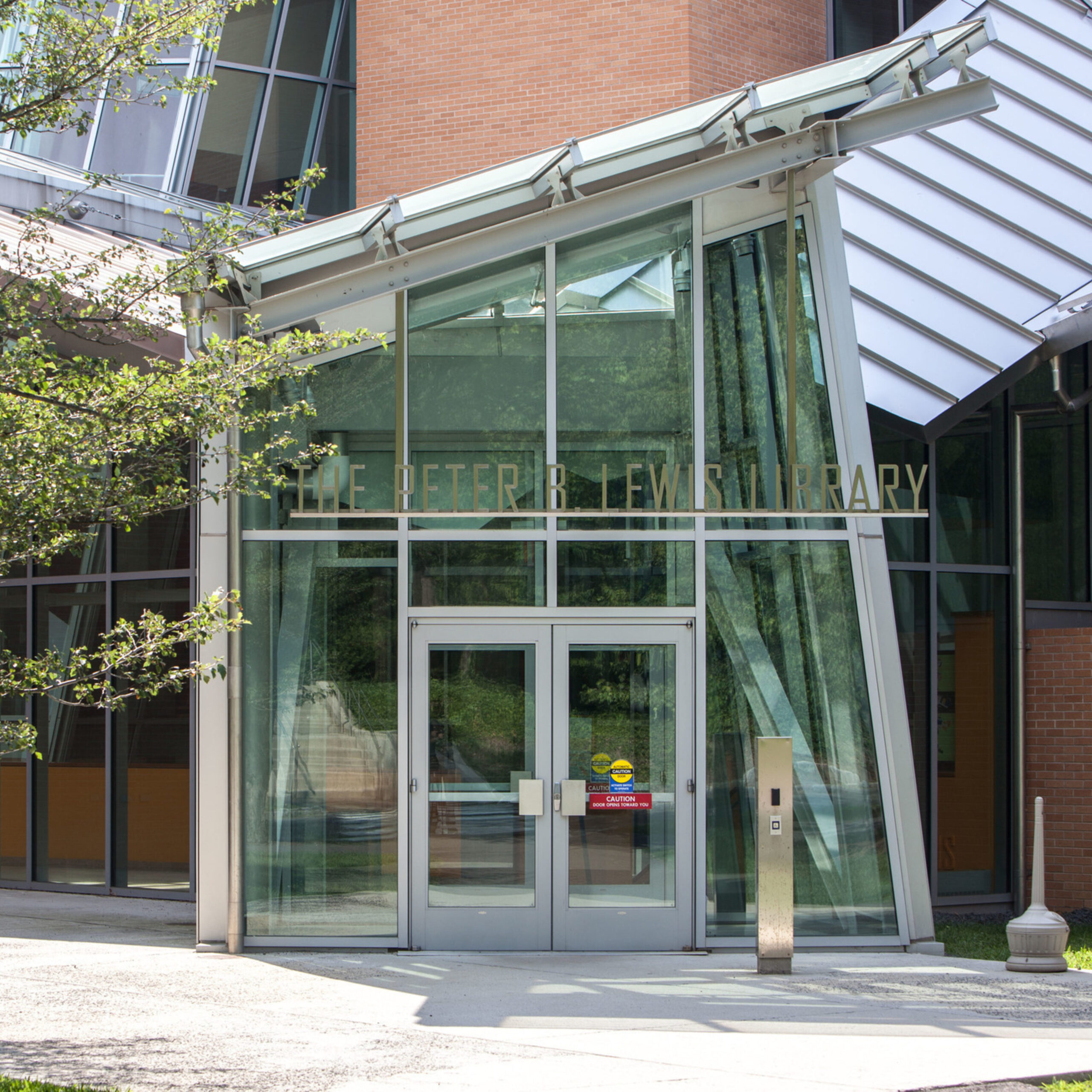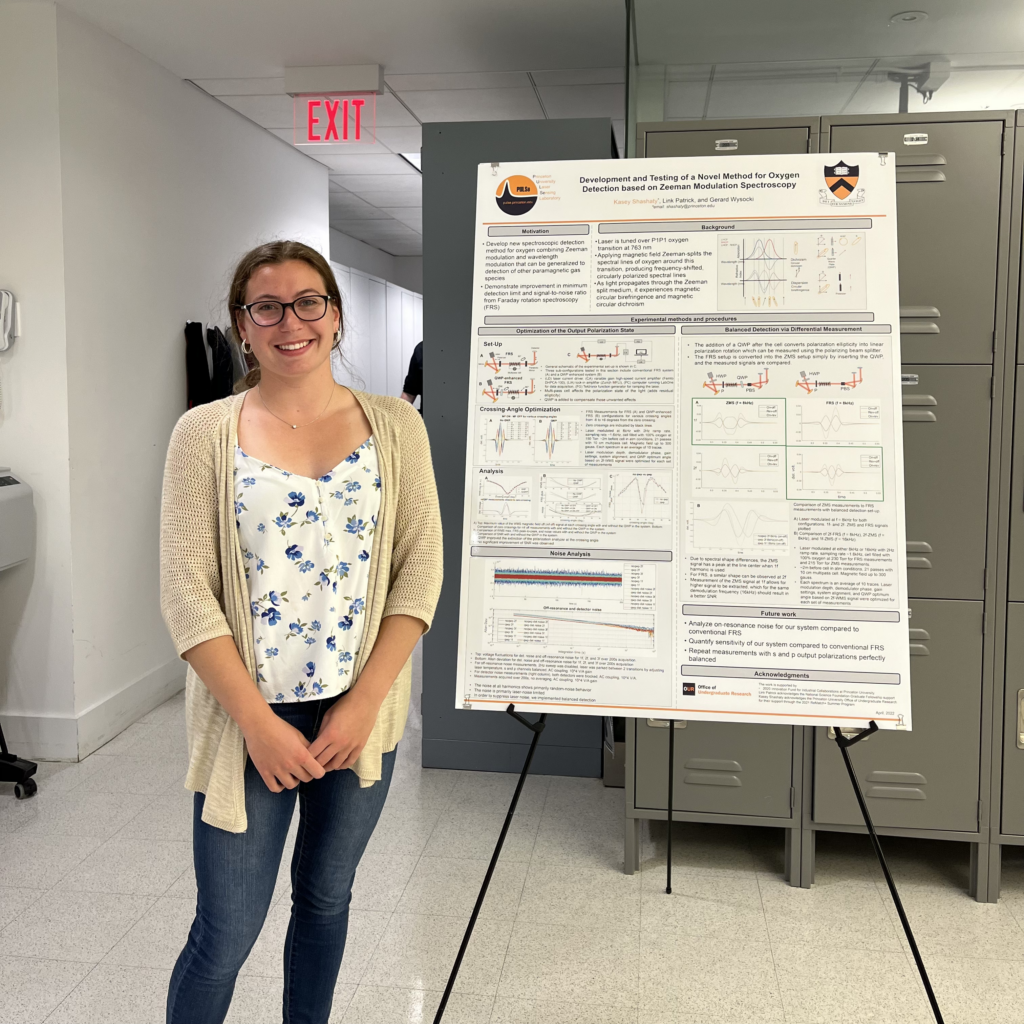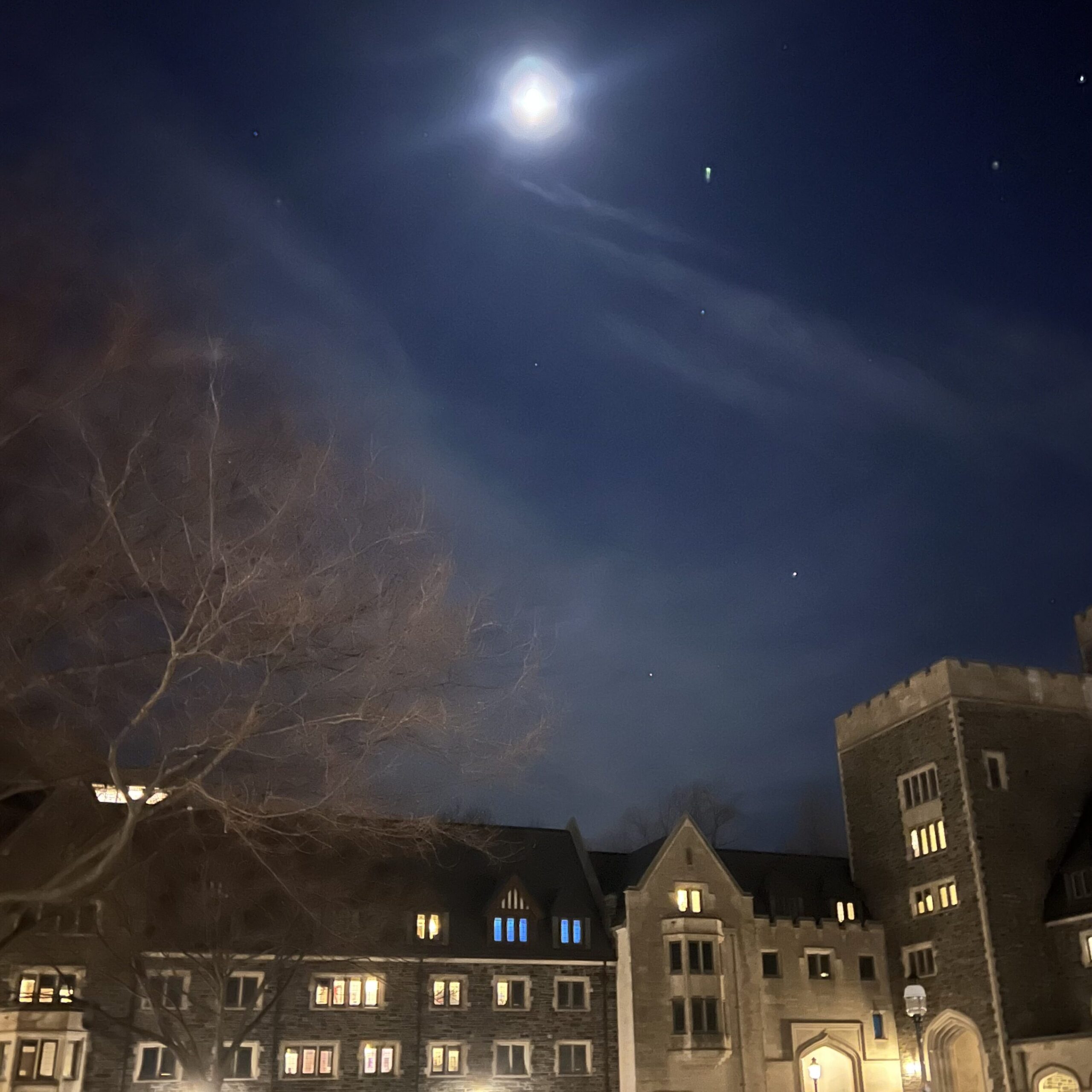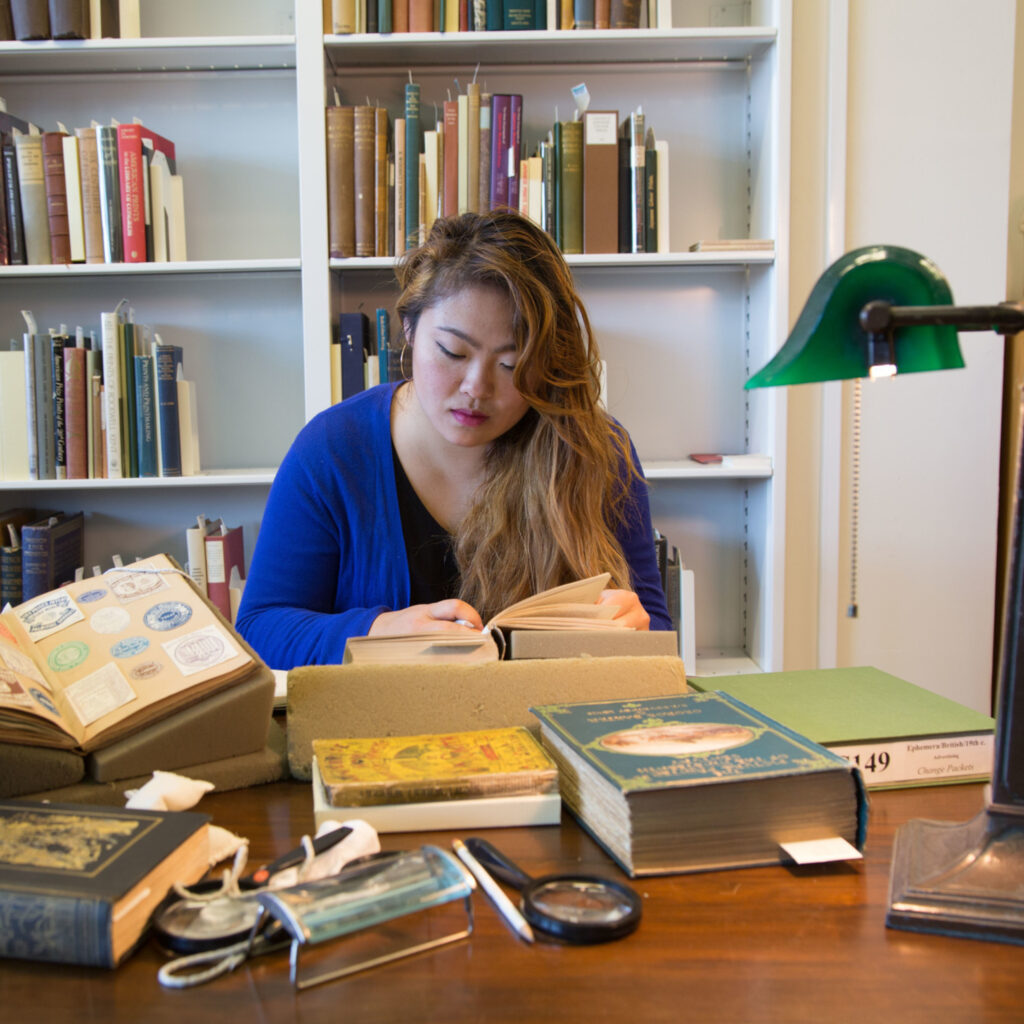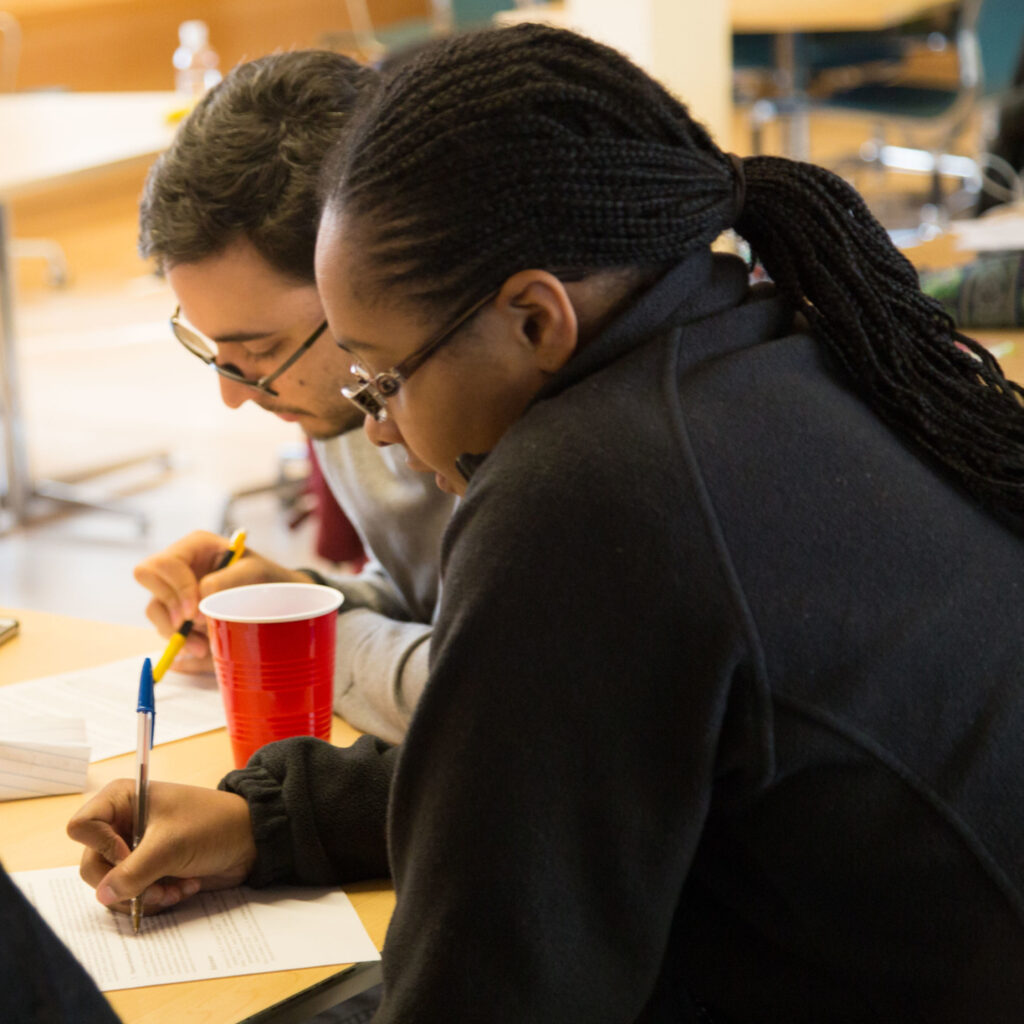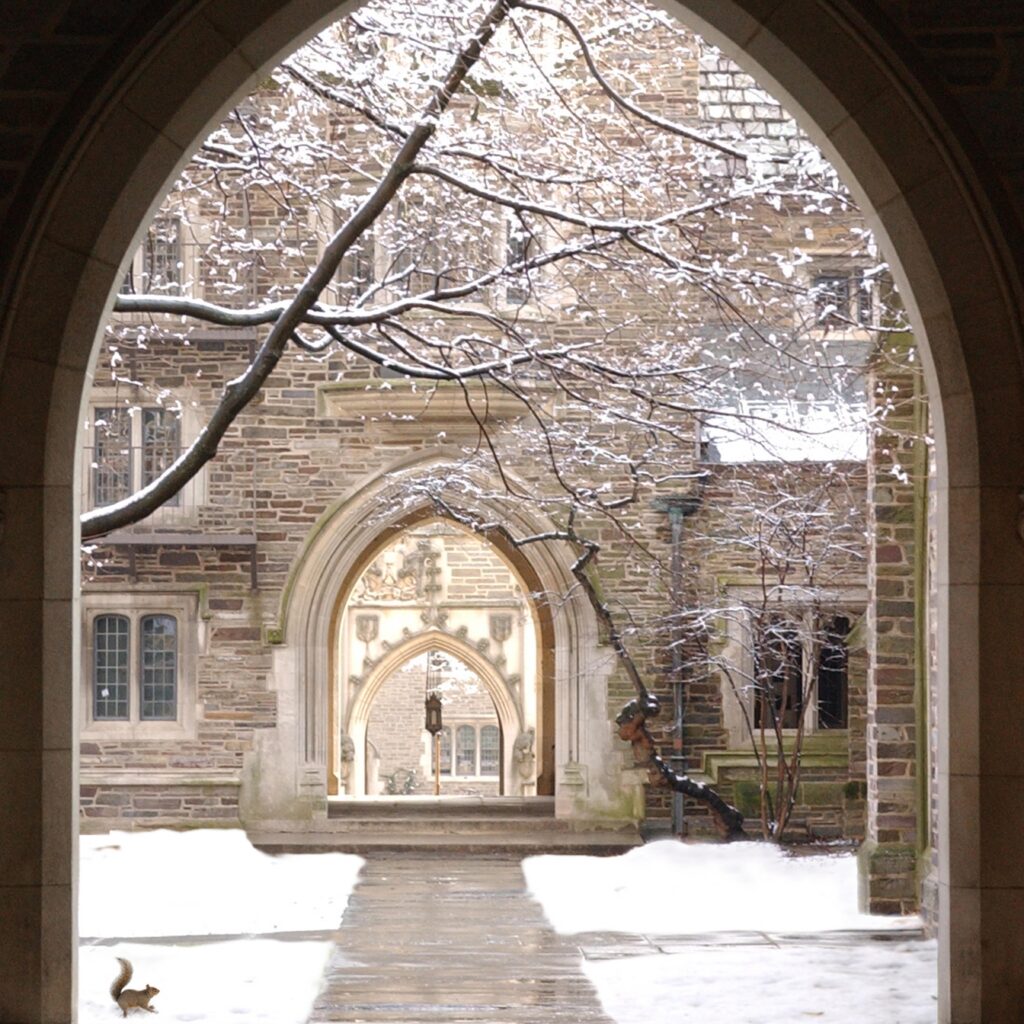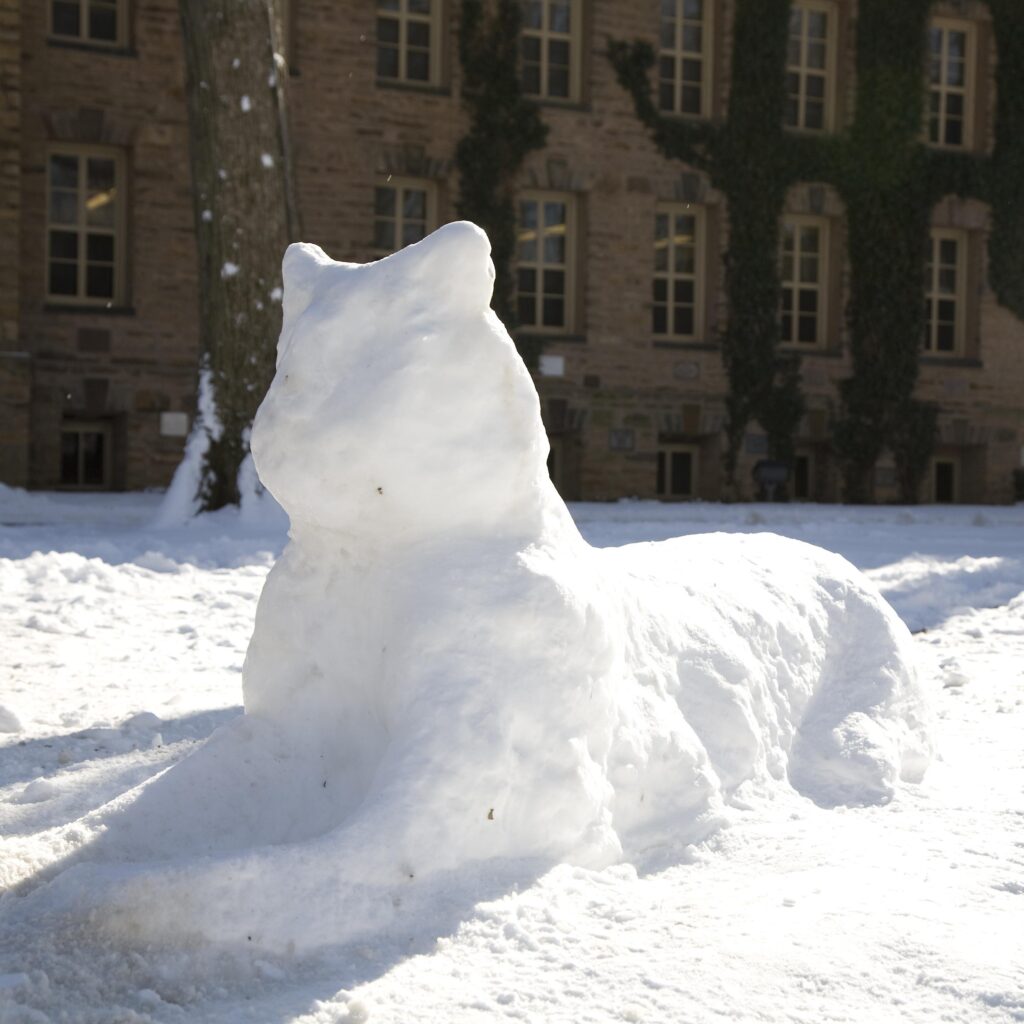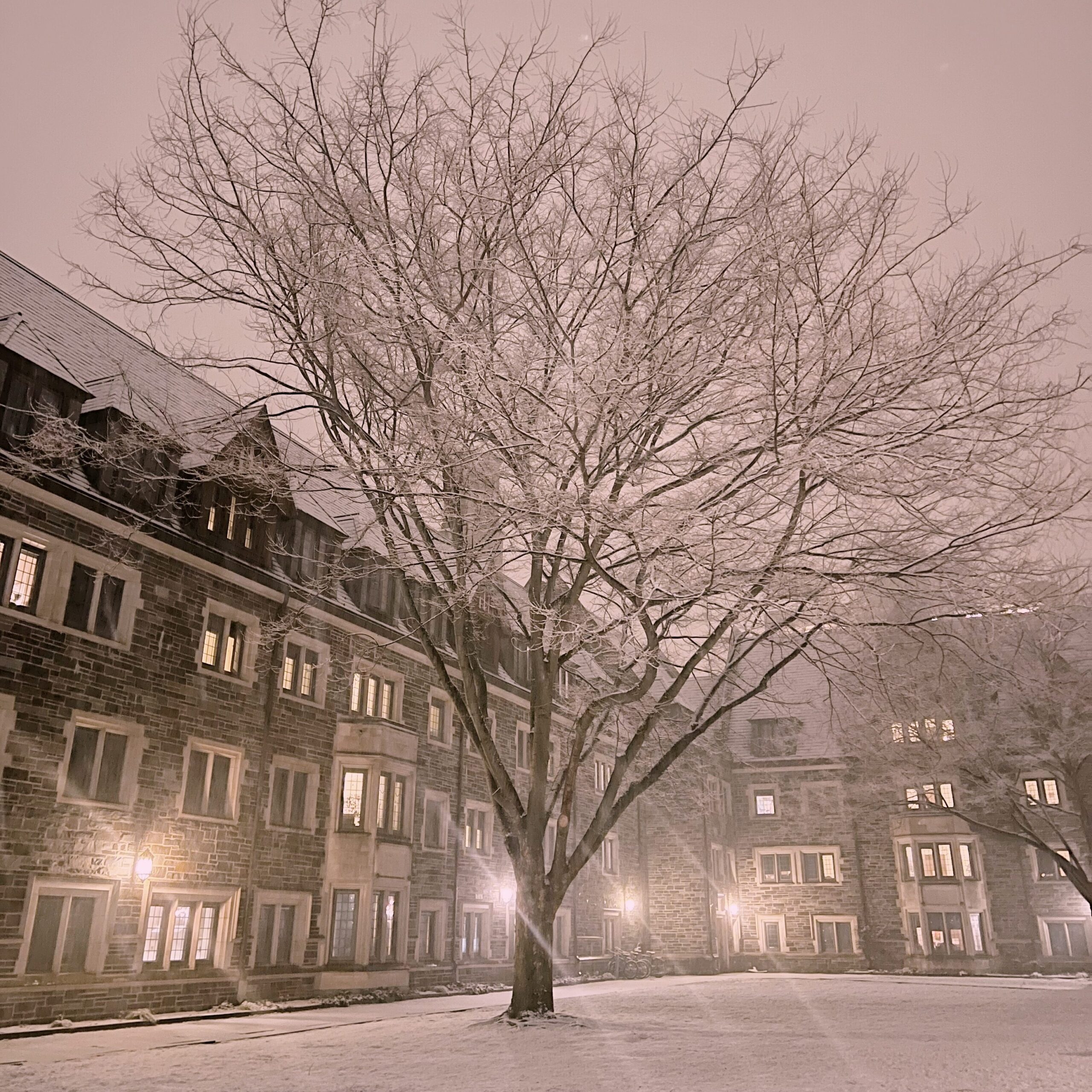
Senior thesis. Senior thesis. Senior thesis. By this time of year, you have most likely heard seniors in the middle of the night at Firestone or at Coffee Club study breaks, thinking about, stressing about, and working on their senior thesis. In my last post, I wrote about one of the first and most important steps of the senior thesis process, choosing the right adviser (see here). Now, I walk through what I believe to be another pivotal moment for the senior thesis process: choosing a topic. For SPIA majors and presumably for many other majors as well, it may seem difficult to narrow down your project to one specific topic when the major is so broad and diverse. Throughout my time at Princeton, I have taken classes in law, environmental policy, psychology, economics, ethics and more, and I enjoyed them all. But, I eventually had to choose one topic to write a full thesis on. So, without further ado, here are some steps on choosing the right topic for you.
Continue reading Senior Thesising 101: Choosing your Topic

